
Preexisting Medical Conditions Cover Private Health Insurance
What is a Pre-Existing Condition? A medical illness or injury that you have before you start a new health care plan may be considered a pre-existing condition. Conditions like diabetes, chronic obstructive pulmonary disease (COPD), cancer, and sleep apnea, may be examples of pre-existing health conditions. They tend to be chronic or long-term.
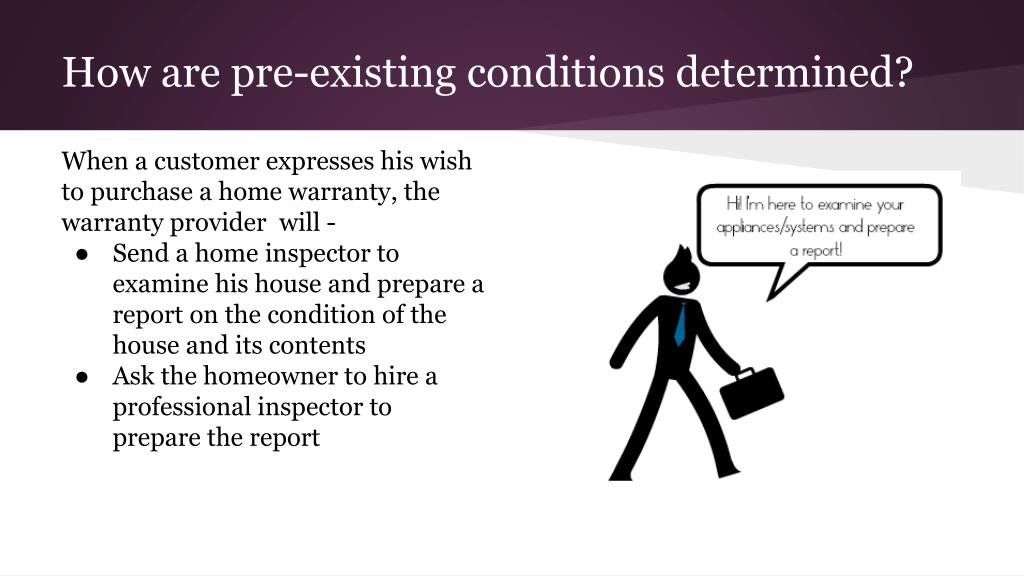
PPT Home Warranty And It's Pre Existing Condition PowerPoint Presentation ID6491196
Many Americans have health-related problems that insurance companies can define as pre-existing conditions. A pre-existing condition is a health problem that exists before you apply for a health insurance policy or enroll in a new health plan . This article will explain how current rules protect most Americans with pre-existing conditions, how.
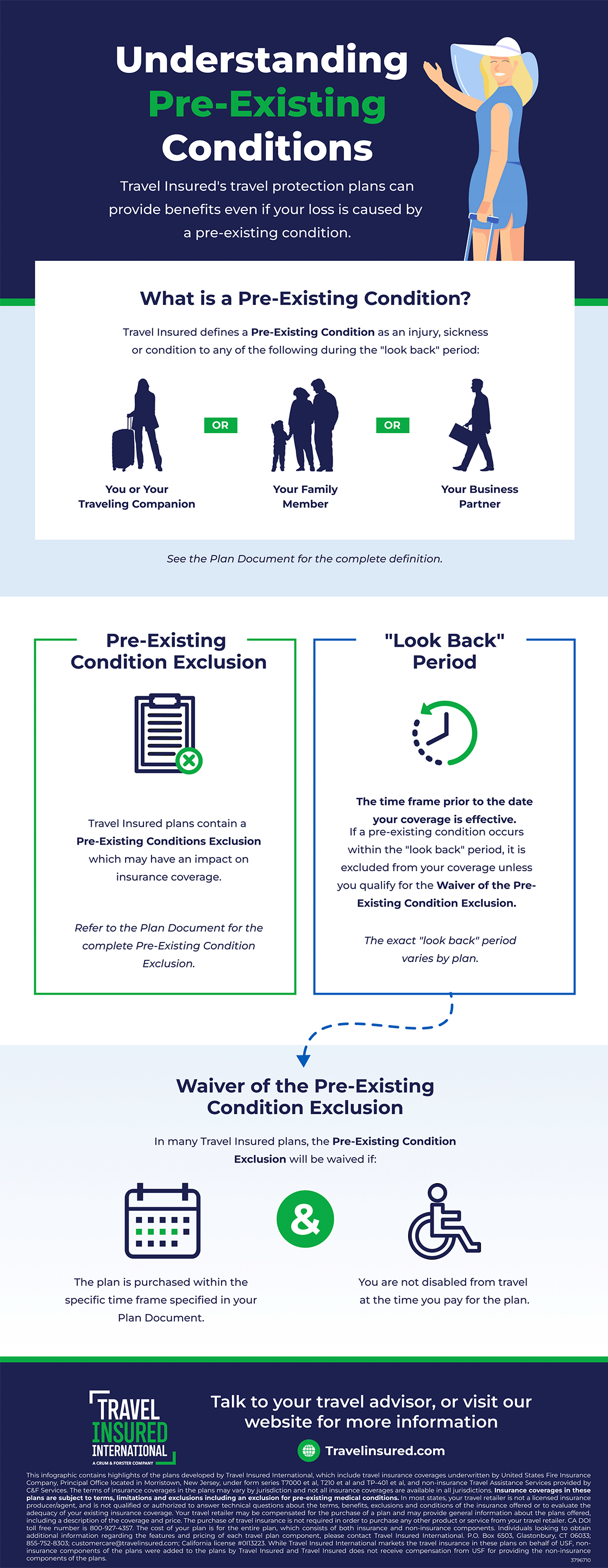
Infographic Understanding PreExisting Conditions
Pre-Existing Condition: Any personal illness or health condition that was known and existed prior to the writing and signing of an insurance contract. Health or life insurance policies will often.
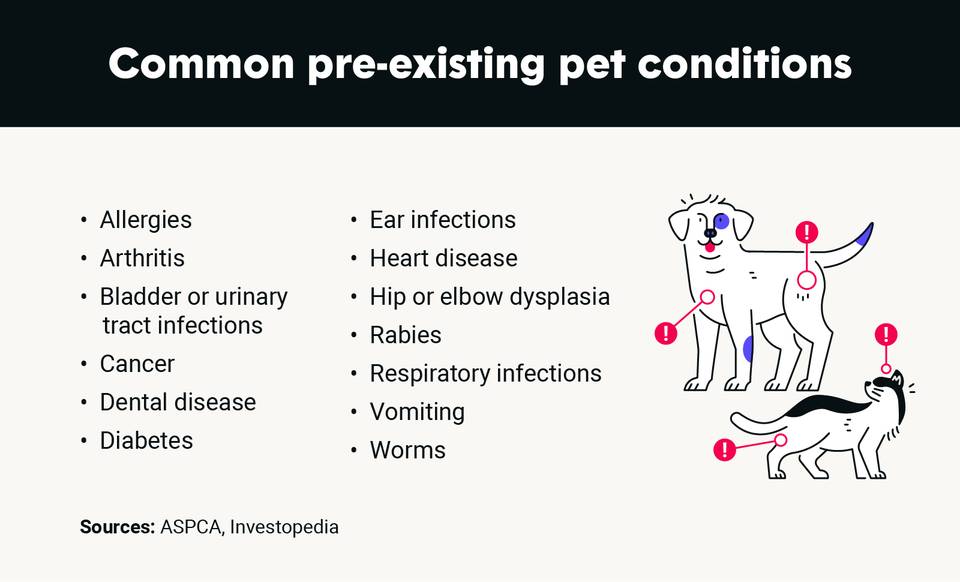
Pet insurance and preexisting conditions What you need to know
Pre-existing conditions are chronic health problems (like asthma, diabetes, or cancer) that you had before your healthcare coverage began. Historically, insurers were able to opt out of providing coverage for a member's pre-existing condition after receiving a claim for its treatment. However, if you developed these illnesses after you signed.
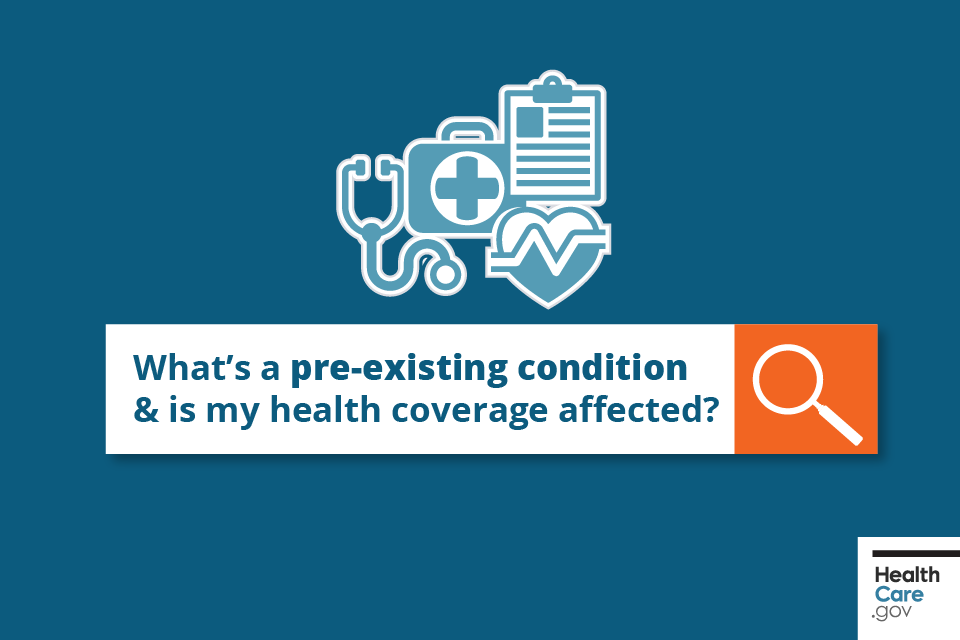
What you need to know about preexisting conditions and Marketplace coverage HealthCare.gov
Summary. A pre-existing condition exclusion period is a window of time, after a health plan takes effect, when a pre-existing condition (or multiple pre-existing conditions) will not be covered by the plan. This was common prior to the Affordable Care Act, but most health plans can no longer impose pre-existing condition exclusions now that the.

How do Pre Existing Conditions Affect Workers’ Comp Claims? Insure My Work Comp
A pre-existing condition can range from an illness with mild conditions to chronic conditions, and an insurance broker will evaluate the risk of your pre-existing condition and make their insurance decision accordingly. Having a pre-existing condition can mean having to wait longer for approval or paying a higher premium.

Buying Life Insurance with These 8 PreExisting Conditions is Possible
A pre-existing condition is a health issue that required diagnosis or treatment prior to an applicants' enrollment in a health plan. Prior to 2014, individual market insurers would set their own rules, but would generally have look-back periods of one to ten years, checking an applicant's applicable medical records to see if any health.
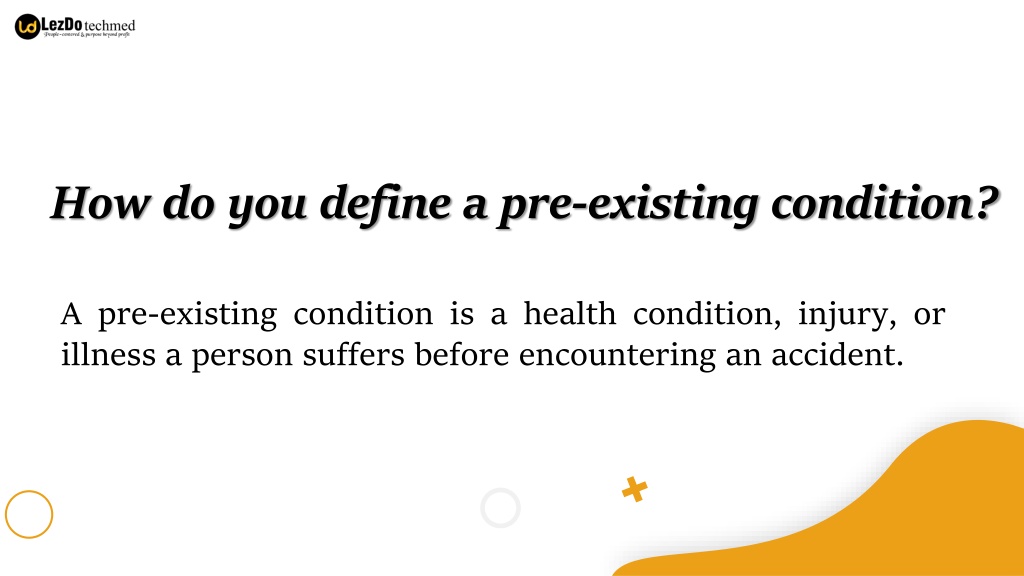
PPT Can Your PreExisting Condition Affect Your Personal Injury Claim? PowerPoint Presentation
Yes. Under the Affordable Care Act, health insurance companies can't refuse to cover you or charge you more just because you have a "pre-existing condition" — that is, a health problem you had before the date that new health coverage starts. They also can't charge women more than men. More information on Marketplace plan coverage and.
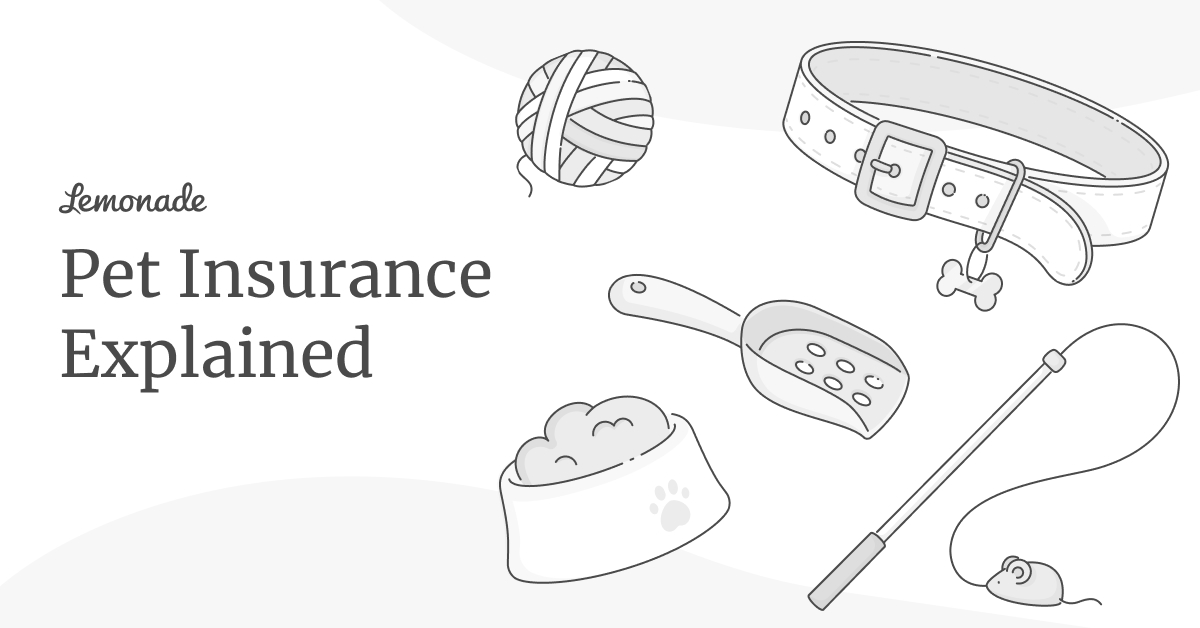
What Is a PreExisting Condition? • Lemonade Insurance
What is a pre-existing condition? Just about any health condition that you have prior to the start of an insurance policy can qualify as a pre-existing condition. Make sure to check the exact details of a plan since each health insurance company decides what it considers a pre-existing condition.

Learn the Lingo What Is a PreExisting Condition and How Does It Affect My Insurance?
Coverage for pre-existing conditions. All Marketplace plans must cover treatment for pre-existing medical conditions. No insurance plan can reject you, charge you more, or refuse to pay for essential health benefits for any condition you had before your coverage started. Once you're enrolled, the plan can't deny you coverage or raise your.

What is PreExisting Condition? YouTube
Having a pre-existing condition like high blood pressure excluded from your health insurance coverage was a bigger deal than just having to pay for your own high blood pressure pills. The pre-existing condition exclusion could exclude more than just that single pre-existing condition from coverage. It could exclude all other conditions that.
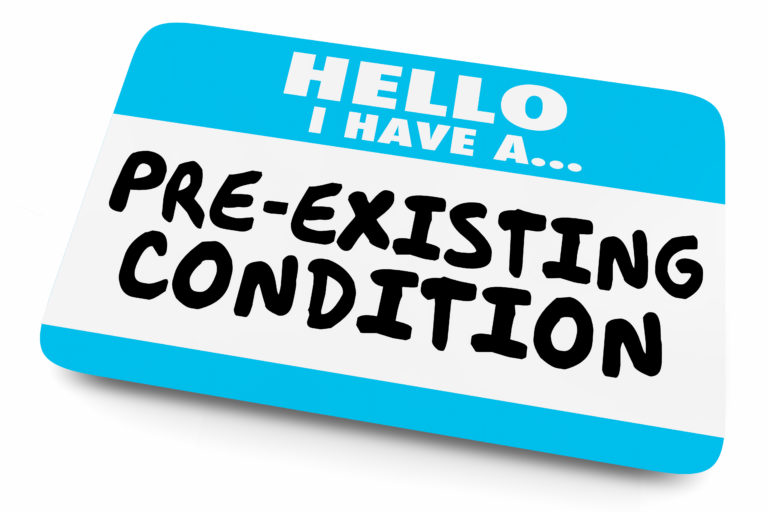
PreExisting Conditions Point of View Point of View
In the context of healthcare in the United States, a pre-existing condition is a medical condition that started before a person's health insurance went into effect. Before 2014, some insurance policies would not cover expenses due to pre-existing conditions. These exclusions by the insurance industry were meant to cope with adverse selection by.

What is a PreExisting Condition and how do I know if I have one? Squaremouth Help Center I
According to a January 2017 report by the Department of Health and Human Services, 51 percent of Americans under 65—131 million people—may have a pre-existing condition that could result in a.

A preexisting condition is a medical condition that you have before starting a new health care
A preexisting condition is any medical issue that you had before your health insurance coverage started. Some common preexisting conditions are diseases like cancer, diabetes, asthma, alcohol and drug use disorders and mental health illnesses. Historically, many health insurance companies defined preexisting conditions broadly.

Preexisting Conditions Medicare FAQs Lighted Road
What is a pre-existing condition? Grace Heckmann. A condition for which you require a medical treatment that you have prior to entering into insurance contracts. Show Sources . Share.

In the context of healthcare in the United States, a preexisting condition is a medical
A pre-existing condition is a health condition that predates a person applying for or enrolling in a new health insurance policy. Before the ACA, insurers generally defined what types of conditions could constitute a pre-existing condition. Their definitions frequently encompassed
- Cities And Towns In New Mexico
- Charles De Gaulle Airport Layout
- Bunk Bed Without Bottom Bed
- How Long Will A Helium Balloon Last
- Black And White Night Roy Orbison Cast
- Bobjane T Mart Near Me
- Song Lyrics For The Longest Time
- St John S The Evangelist Catholic Church
- How To Check Ssh Version
- Snack Box From Around The World